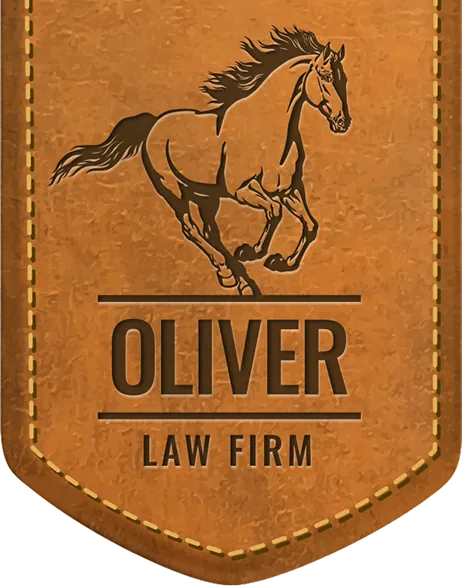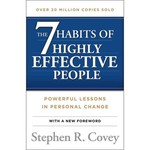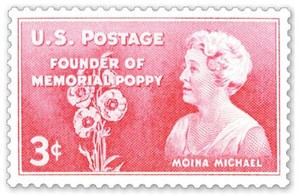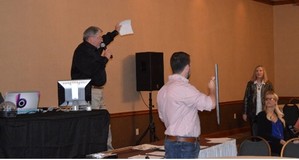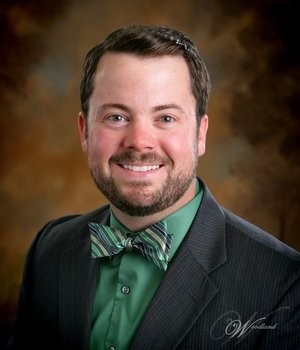
I know I’m a little “late to the party” with this book and that most of the people in the office have already read it, but I really enjoyed The 7 Habits of Highly Effective People by Stephen Covey.
7 Habits starts by laying groundwork before actually getting into the Habits themselves. There are chapters about changing how to define success and what a habit actually is. I thought the formula for a “habit” was very good; Habits = Knowledge (what to do) + Skill (how to do) + Desire (want to do). Without any of those three things, it is impossible to turn something into a “habit” that is done naturally. As with most things in this book, how to form good habits applies to all parts of life, not just work.
The first three habits then focus on personal growth. This section is called the “personal victory.” The three habits are; (1) Be proactive, (2) Begin with the end in mind, and (3) Put first things first. “Putting first things first” is the section on organization that has the four quadrants of a to-do list. If anyone doesn’t know about this chart or organizational theme, just ask around, it’s really cool. Habit 1 of “Be proactive” doesn’t really mean to just go all-out like I initially thought with the word “proactive,” it’s more of a focus on being the opposite of “reactive.” Don’t let other people’s opinions or statements dictate what you do, take charge and take control and take responsibility on yourself. Then, “Begin with the end in mind” is best explained through the book’s differentiation between management and leadership. If the task is cutting through a jungle, management is telling people where and how to cut; leadership is climbing to the top of the tree and making sure you’re in the right jungle. Beginning with the end in mind means leading and seeing the big picture instead of getting caught up in the weeds.
The next three habits are labeled “public victory” and help with our interactions with other people. They are; (4) Think win-win, (5) Seek first to understand, and then to be understood, and (6) Synergize. “Win-win” isn’t a situation we encounter often in the legal world, aside from possibly mediation, but it’s a mindset that there’s always a third option where everyone can get what they want or there can be no deal at all. “Seek first to understand and then to be understood” is probably the only habit that is actually self explanatory in the title. It’s a focus on being empathetic before getting your way. Finally, “Synergize” is reaching a higher level of communication with those around us. Synergy is completely open and honest communication where ideas can flourish and people can build off of each other to make the whole be greater than the sum of its parts.
The last habit is called “Sharpen the saw” and it’s all about taking care of yourself. Taking care of yourself physically, spiritually, mentally, socially, and in every aspect of your life. The habit got its name from a story about how taking time to pause from what you’re doing (sawing down a tree in the story) and take care of yourself (sharpening your saw) will make things actually go faster (the tree will be cut faster).
APPLICATION
This book wasn’t written with a law firm in mind, but it certainly applies. As a team we need to each be the best we can be (habits 1-3) we need to work together and communicate as openly as possible (habits 4-6) and we need to be sure and take time away from our workloads to take care of ourselves and sharpen our saws.
Personally, I need the most work with habits 1 & 5. I let what other people do or say affect me way too much. If a defense attorney sends a snarky letter or a client questions a decision or anything like that happens, I let it bug me almost every waking moment. I need to do better about not being reactive to what happens around me and taking action on what I know is right. Also, much like many other married men that I’ve talked to, I have a hard time trying to understand other positions before stating my own. But this can also help me professionally. I have a problem of looking at cases with plaintiff’s-themed glasses and seeing only the good things. I need to do better about first looking at cases from a defense angle, or seeking first to understand the other side, so that I can then better communicate with the jury and be understood.
CONCLUSION
The 7 Habits of Highly Effective People is an excellent book. There are some points where it gets a little too philosophical or abstract for me, but there are absolutely concrete points that can be added into a daily routine to develop better habits and become more effective. I’d advise everyone in the office to read it.
“There is no real excellence in this world which can be separated from right living.” – David Starr Jordan and the opening quote from 7 Habits.
a Free Consultation
